We caught up with the brilliant and insightful Michelle King a few weeks ago and have shared our conversation below.
Michelle, thanks for joining us, excited to have you contributing your stories and insights. We’d love to hear the story behind how you got your first job in field that you currently practice in.
I was fortunate to secure my first job in the field of psychology before I even completed graduate school. I attended Pepperdine’s Clinical Psychology program, and by making connections and building relationships with peers and staff, I opened doors to opportunities for my future.
There was an anxiety I felt when I was getting close to graduation… and I had a lot of questions. What type of setting would I be qualified to work in? Did I have to pursue a specialty to be marketable? Where do I even start? So I took to the internet, did some research, and set my status on LinkedIn to “seeking a job.”
Not less than a week later, an old friend from school reached out to me. He basically said, “Hey, how you been?! Need a job?” And this set me on the path to my first job as a group therapist at an addiction treatment center in Beverlywood. Since he worked at the same facility, I was able to get support and education from a familiar face and someone who seemed to care about my success.
Since then, every single job I have found has been offered to me by a friend or colleague in the field, proving that connections and relationships really can impact your career. I am forever grateful to all those whose paths I have crossed that have helped me learn and grow to where I get to be today.
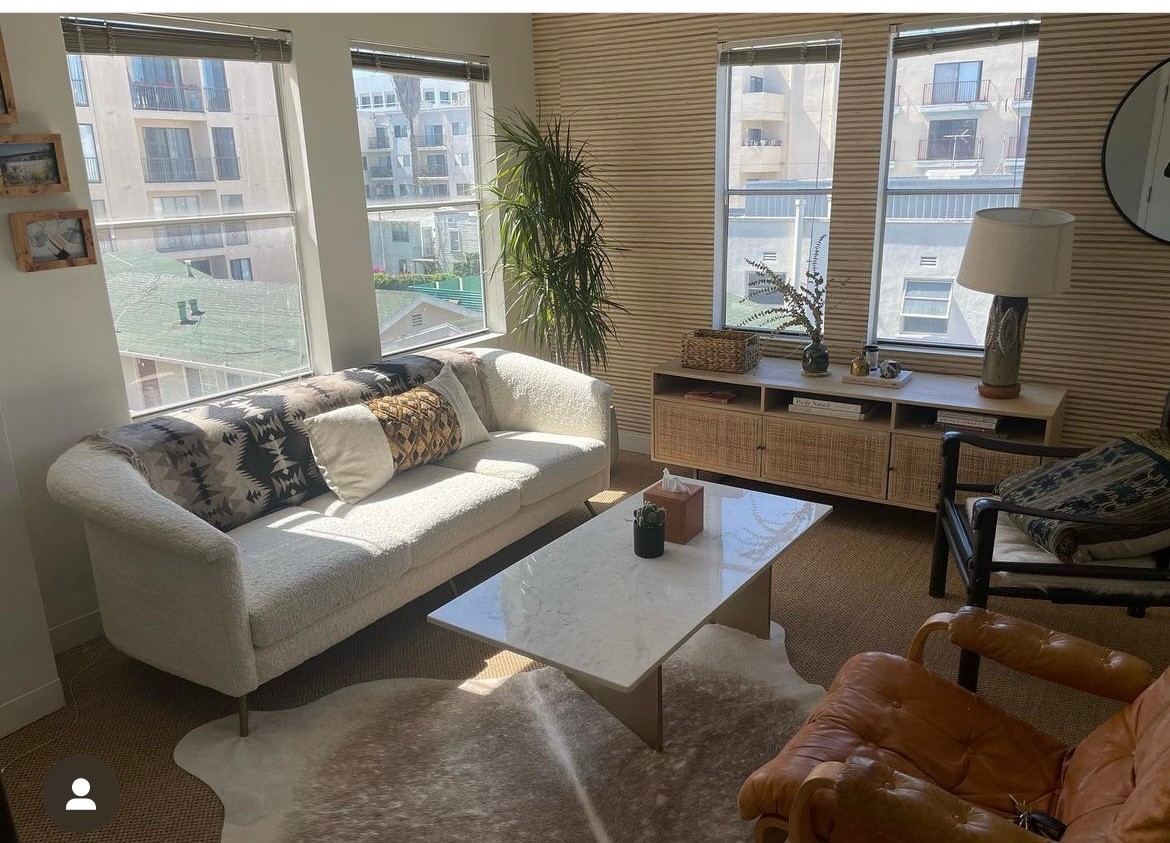
Michelle, love having you share your insights with us. Before we ask you more questions, maybe you can take a moment to introduce yourself to our readers who might have missed our earlier conversations?
Before becoming a therapist, I was a teacher for children with hearing loss, a nonprofit director, and a dance teacher. I worked with all different types of people from all different backgrounds, and I learned a lot about myself. I learned that no matter what kind of work I was doing, I always wanted to help others, make them feel seen and heard, and provide them with emotional support. At the age of 30, I decided to make a career change and pursue psychotherapy as a profession.
Due to my own personal experiences, I felt I could effectively connect with people and understand their pain. I could offer support and listen when someone might have never felt seen or heard. I became further trained in trauma therapy, including EMDR, and found my other specialties, which include addiction, anxiety, and relationships. When I started working with clients, I found that I was really helping them to feel better and heal from their pain.
What I am really most proud of when it comes to my work as a therapist is the way my clients have been motivated to change. I can’t take all the credit for what happens in therapy, because it is a collaborative experience that requires work from both sides. The most important thing to know about me as a therapist is that I am truly dedicated to working with clients as unique individuals, with different situations, different struggles, and different needs. I love being fortunate enough to be part of the journeys of so many who come to seek help, and I have no doubt that I am doing the work I am meant to be doing.
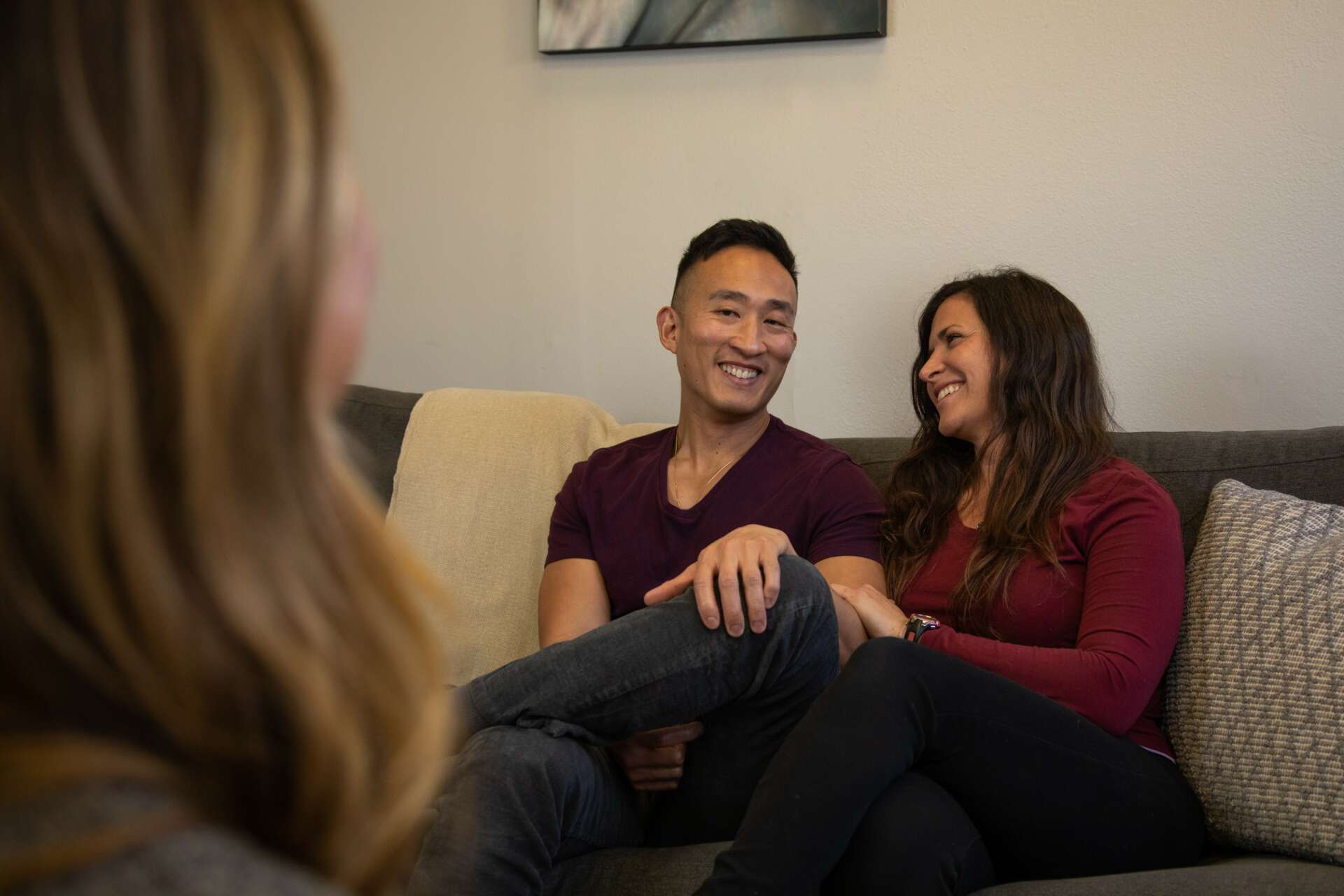
Training and knowledge matter of course, but beyond that what do you think matters most in terms of succeeding in your field?
Training and knowledge are a necessity if someone is to be effective at their craft. I have always been an avid learner, consistently pursuing consultation and new trainings to broaden what I can offer to my clients. But training and knowledge aren’t the only things that makes a therapist effective. In fact, it could be said that there are some things that might be even more important, including intuition, empathy, and a curiosity and dedication to really helping people change. Being open and nonjudgmental is key to being an effective therapist, and the ability to create genuine personal connection is absolutely necessary. In other words, I believe that a healthy and trusting therapeutic relationship is the foundation to making real progress in therapy.
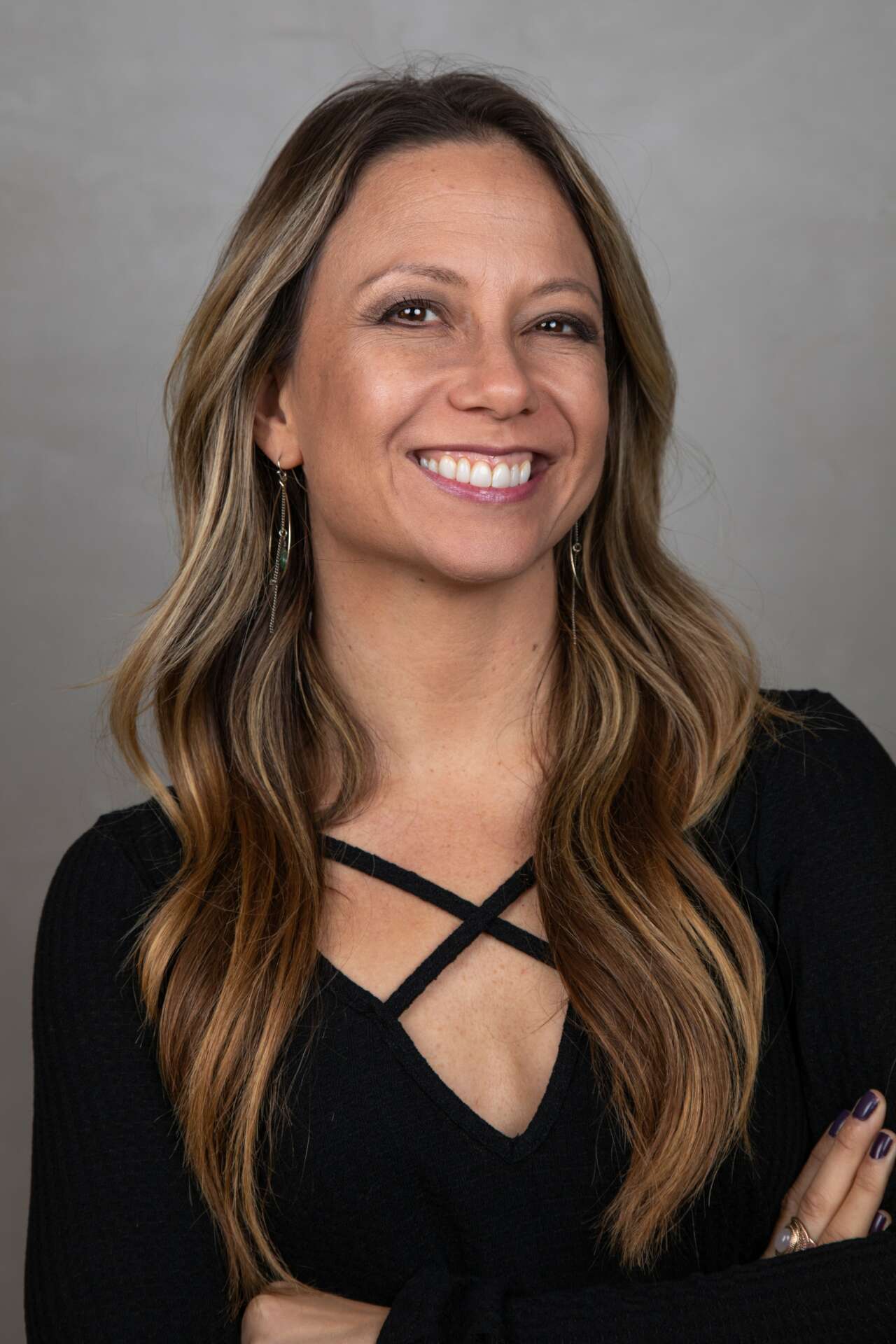
If you could go back in time, do you think you would have chosen a different profession or specialty?
If I had to go back, there is no doubt that I would choose a profession in psychology. I’ve never been more excited to go to “work” and I often feel more energized and optimistic after a long day of seeing clients. It is an absolute blessing to be able to show up for others in a way that not only provides support for them, but also creates happiness for me. Arthur Brooks said the keys to happiness are “enjoyment, satisfaction, and purpose.” And I am so happy to have found a profession that provides me with all three.
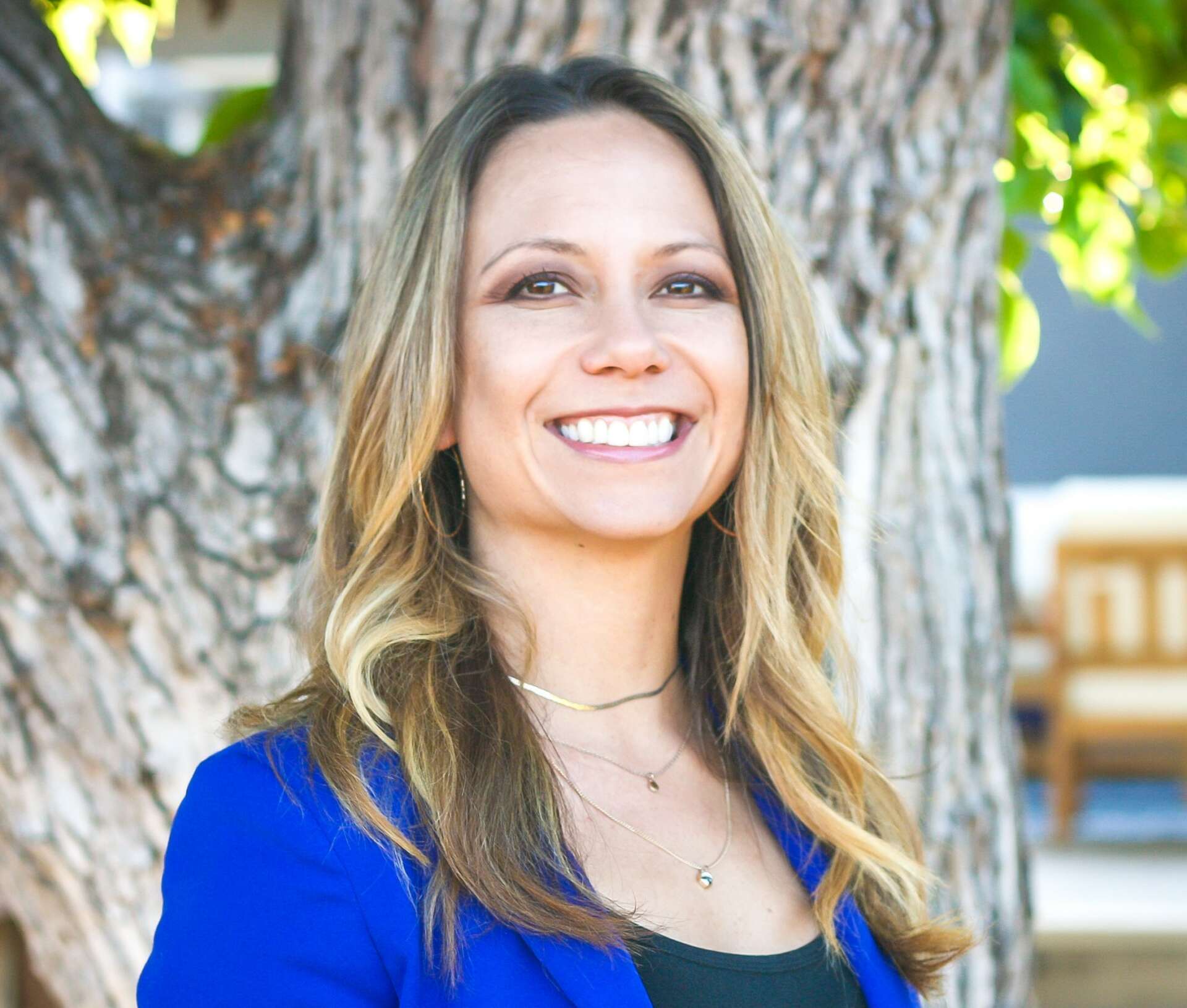
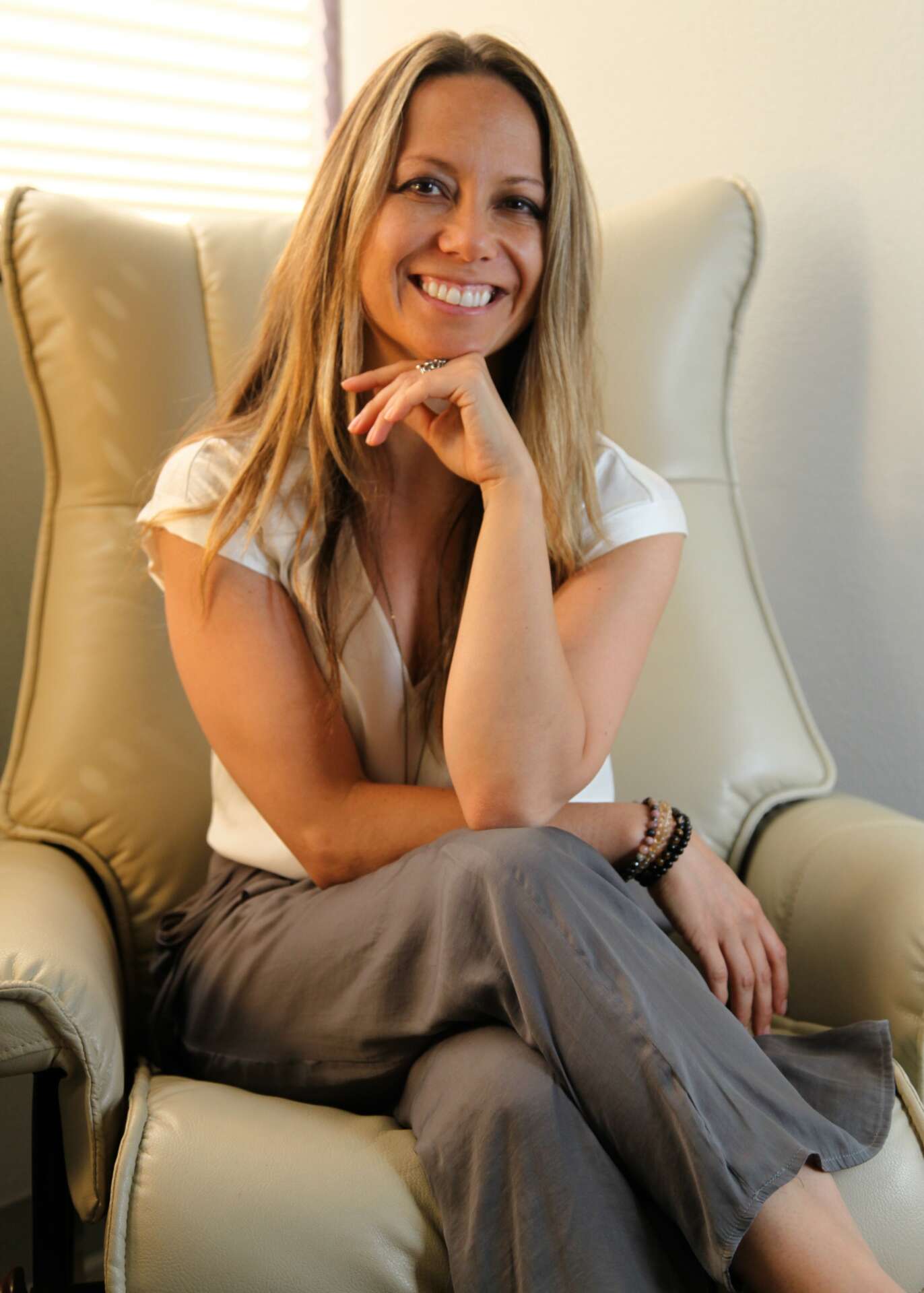
Contact Info:
- Website: https://www.kingfamilytherapy.org
- Instagram: https://www.instagram.com/kingfamilytherapy
- Facebook: https://www.facebook.com/kingfamilytherapy
- Linkedin: https://www.linkedin.com/in/michellekingtherapy
- Other: https://www.michellekingtherapy.com
Image Credits
Jackson and Dakota


